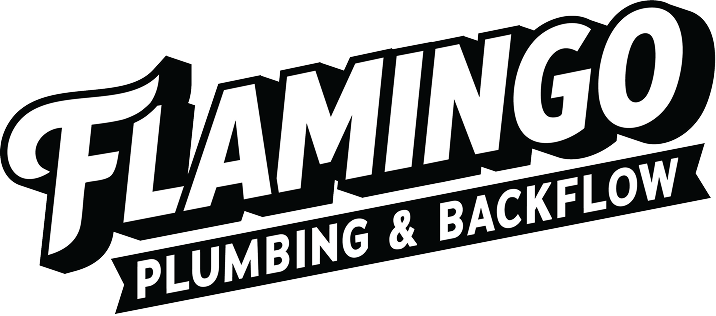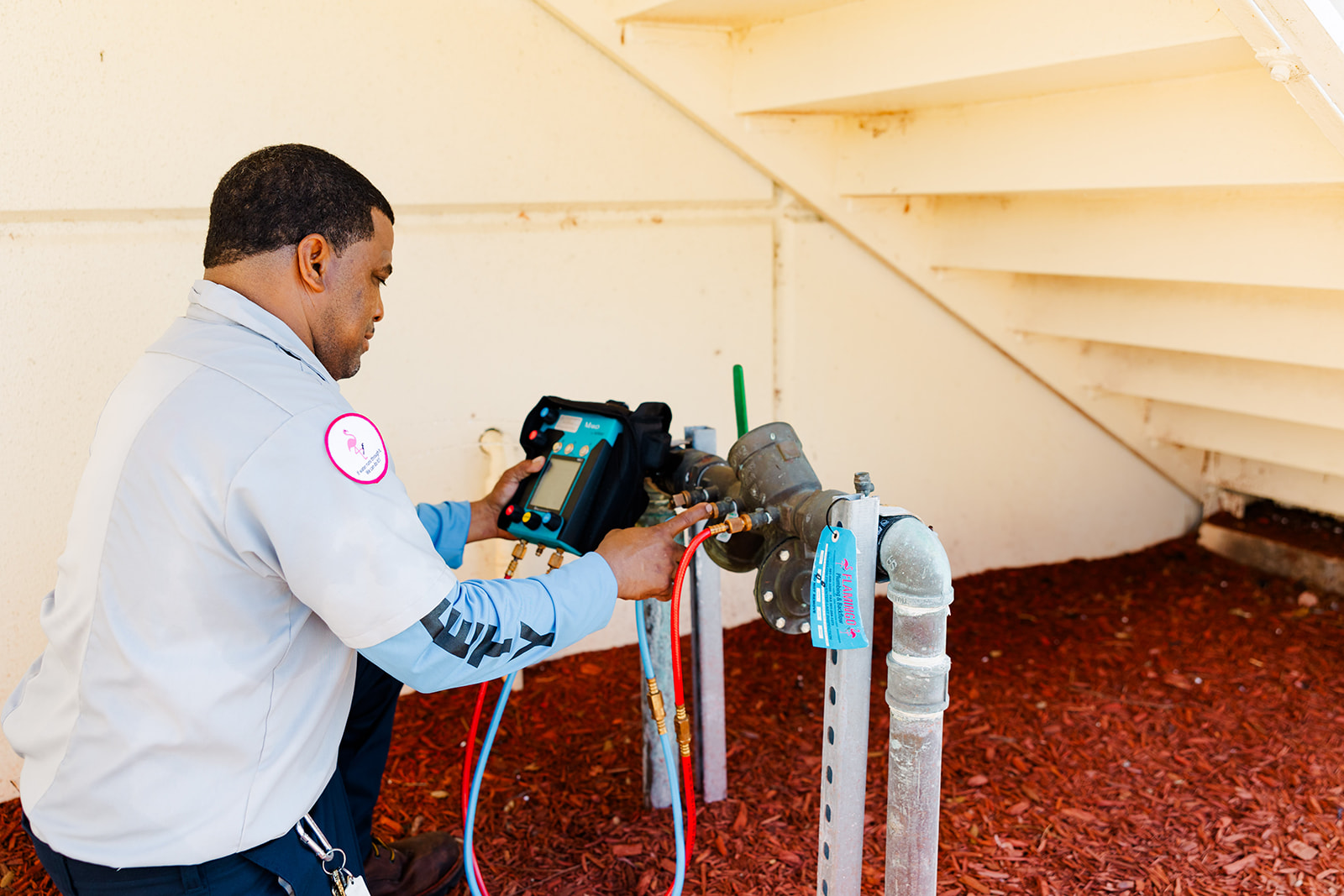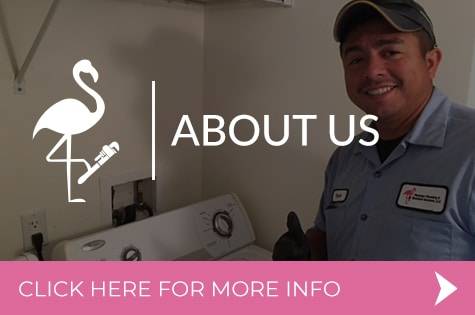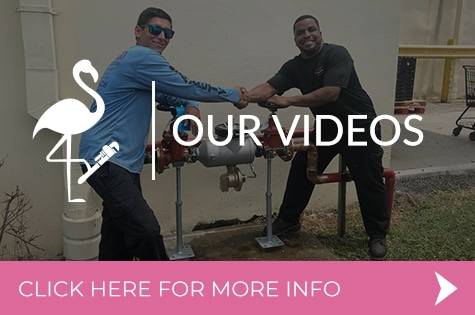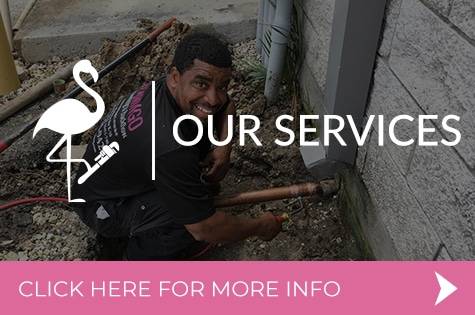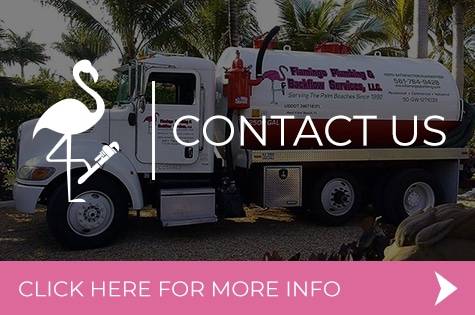Condo boards have a legal and ethical responsibility to ensure their communities have access to safe, uncontaminated water. Backflow, the reversal of contaminated water into clean water supplies, poses a significant threat to both residents and property. Understanding and complying with backflow prevention regulations is crucial for maintaining water safety and avoiding penalties. With multiple devices and regulations to navigate, condo boards must be well-prepared to handle backflow prevention efficiently, ensuring their systems are properly tested and maintained by certified professionals.
1. Understanding Backflow and Its Risks
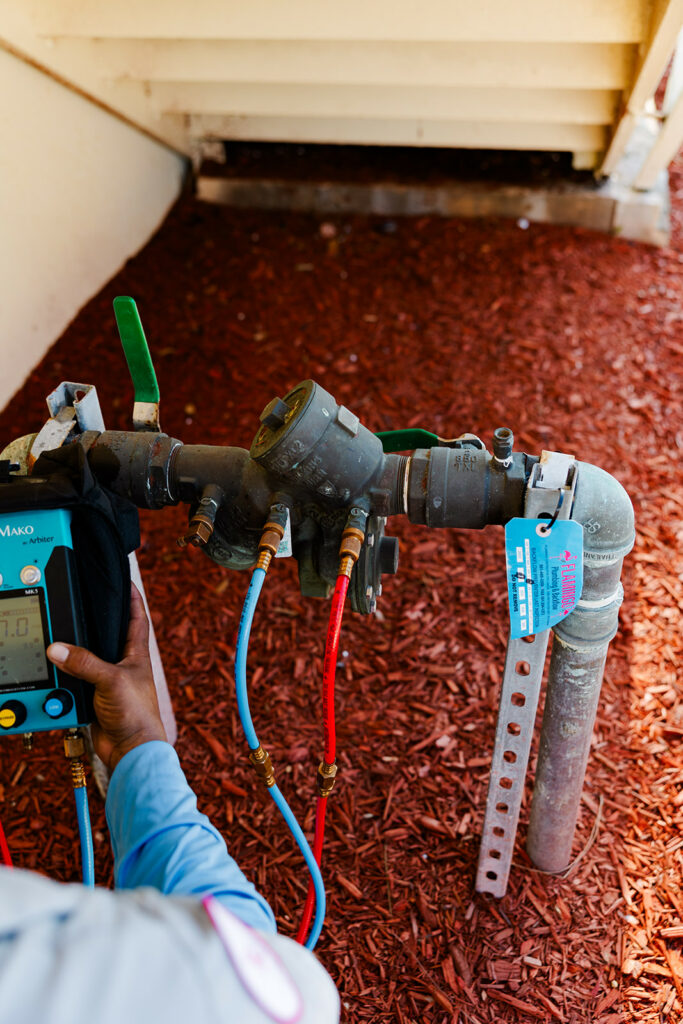 Backflow occurs when contaminated water flows backward into a clean water supply. This reverse flow can introduce harmful chemicals, bacteria, or pollutants into the drinking water. For large condo complexes, this risk is amplified by the sheer volume of residents relying on a shared plumbing system. One incident of backflow contamination could jeopardize the entire community’s health and safety. It’s not just about preventing dirty water from making its way into taps—there are severe financial and legal ramifications if a backflow incident occurs without proper preventive measures in place.
Backflow occurs when contaminated water flows backward into a clean water supply. This reverse flow can introduce harmful chemicals, bacteria, or pollutants into the drinking water. For large condo complexes, this risk is amplified by the sheer volume of residents relying on a shared plumbing system. One incident of backflow contamination could jeopardize the entire community’s health and safety. It’s not just about preventing dirty water from making its way into taps—there are severe financial and legal ramifications if a backflow incident occurs without proper preventive measures in place.
What are some signs of backflow contamination that condo residents might notice?
Residents may notice discolored or foul-smelling water, changes in water pressure, or visible leaks near plumbing systems. These signs may indicate potential backflow issues.
2. Regulatory Requirements for Backflow Prevention
Condo boards must stay up to date on backflow prevention regulations, which vary by state and city. Many areas require annual backflow testing by certified professionals. The reason? Local governments want to ensure that every backflow prevention device is functioning properly to avoid public health crises. Failing to comply with these rules can result in heavy fines and potential legal action. Condo boards must work with licensed professionals who know the ins and outs of local regulations to keep their community compliant and safe.
Regulatory Checklist:
- Annual testing required
- Certified professionals must conduct tests
- Maintenance and repair logs need to be kept up to date
- Non-compliance can lead to fines or legal liability
3. The Role of Condo Boards in Backflow Prevention
Condo boards are responsible for safeguarding their residents’ access to clean water. This includes coordinating with certified plumbers to ensure backflow prevention devices are functioning as intended. Boards need to create a backflow management plan that includes routine testing, system maintenance, and emergency response procedures. Ensuring that residents understand why these measures are in place can also help reduce pushback when inspections or repairs are needed.
Key Responsibilities for Condo Boards:
- Schedule annual testing with certified professionals
- Maintain up-to-date records of all backflow devices and their testing history
- Implement a clear action plan for potential backflow emergencies
- Educate residents about the importance of backflow prevention
4. The Costs of Non-Compliance
Ignoring backflow compliance can have severe consequences. Contaminated water can lead to illnesses among residents, resulting in lawsuits against the condo association. Fines for non-compliance with local regulations can quickly add up, especially if the issue is found during an inspection. Beyond financial penalties, the cost of a backflow incident includes potential property damage, plumbing repairs, and long-term reputational harm for the condo community.
Potential Costs of Non-Compliance:
- Health risks to residents
- Legal liability and lawsuits
- Fines from local government
- Costly repairs to plumbing systems
- Damage to the community’s reputation
5. Choosing the Right Backflow Prevention Device for Condos
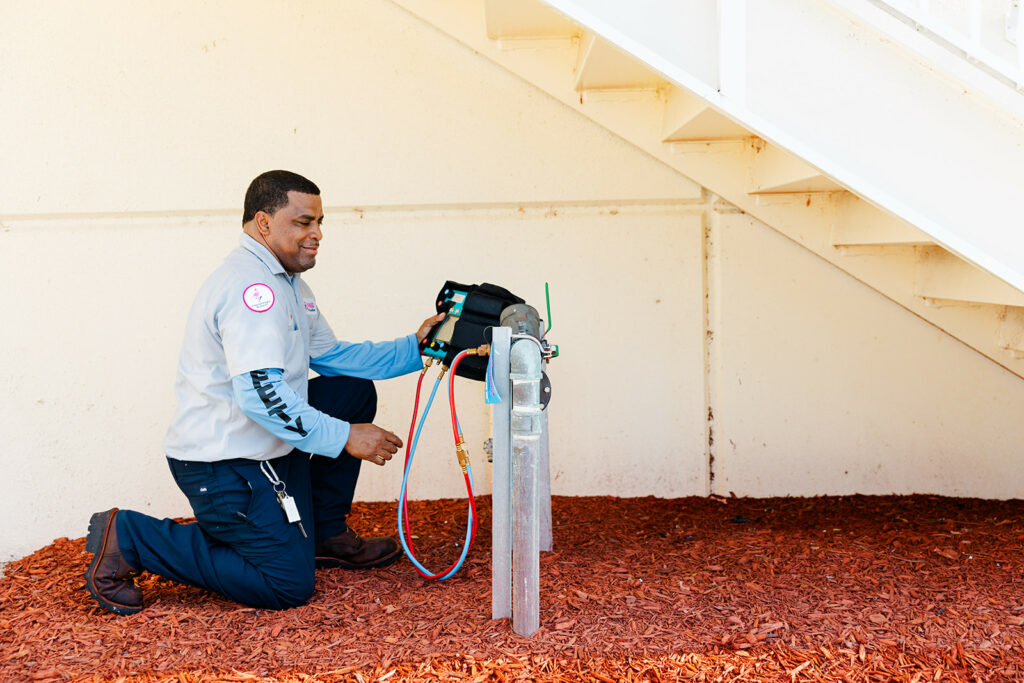
Not all backflow devices are created equal, and condo properties often require robust solutions that can handle the demands of multi-unit buildings. Common types of backflow prevention devices include:
- Reduced Pressure Zone (RPZ) Valves: Designed for high-risk properties, these are ideal for condos with large irrigation systems or fire suppression setups.
- Double Check Valves: Suitable for moderate-risk situations, these offer protection without the complexity of RPZ systems.
- Pressure Vacuum Breakers (PVB): Often used in irrigation systems, PVBs provide backflow protection by maintaining air gaps to prevent contamination.
Boards should work with professionals to assess their specific needs based on the property’s size, layout, and plumbing structure. Installation must be completed by certified experts to guarantee proper operation and compliance.
6. Scheduling Regular Backflow Testing
Annual testing is required for most large properties to ensure that backflow preventers are functioning properly. The testing process involves using specialized equipment to check for valve leaks, water pressure irregularities, or any signs of damage. For condo boards, staying on top of testing schedules is crucial. Missing an annual test could lead to fines, while a malfunctioning device might go unnoticed, risking contamination.
Tips for Efficient Testing:
- Set up automatic reminders for annual testing
- Schedule during low-usage times to minimize resident disruption
- Work with reliable plumbers who are certified to conduct backflow tests
Ensure Compliance and Protect Your Community with Flamingo Plumbing
Staying compliant with backflow prevention regulations can be a complex and ongoing process, but it’s essential for protecting your condo community. Flamingo Plumbing offers the expertise and services needed to keep your property safe and your residents’ water supply clean. With certified backflow testing, installation, and maintenance tailored to the unique needs of large condo properties, we take the hassle out of compliance. Trust our experienced team to handle every aspect of your backflow prevention, from testing to emergency repairs, so you can focus on managing your property without worry.
